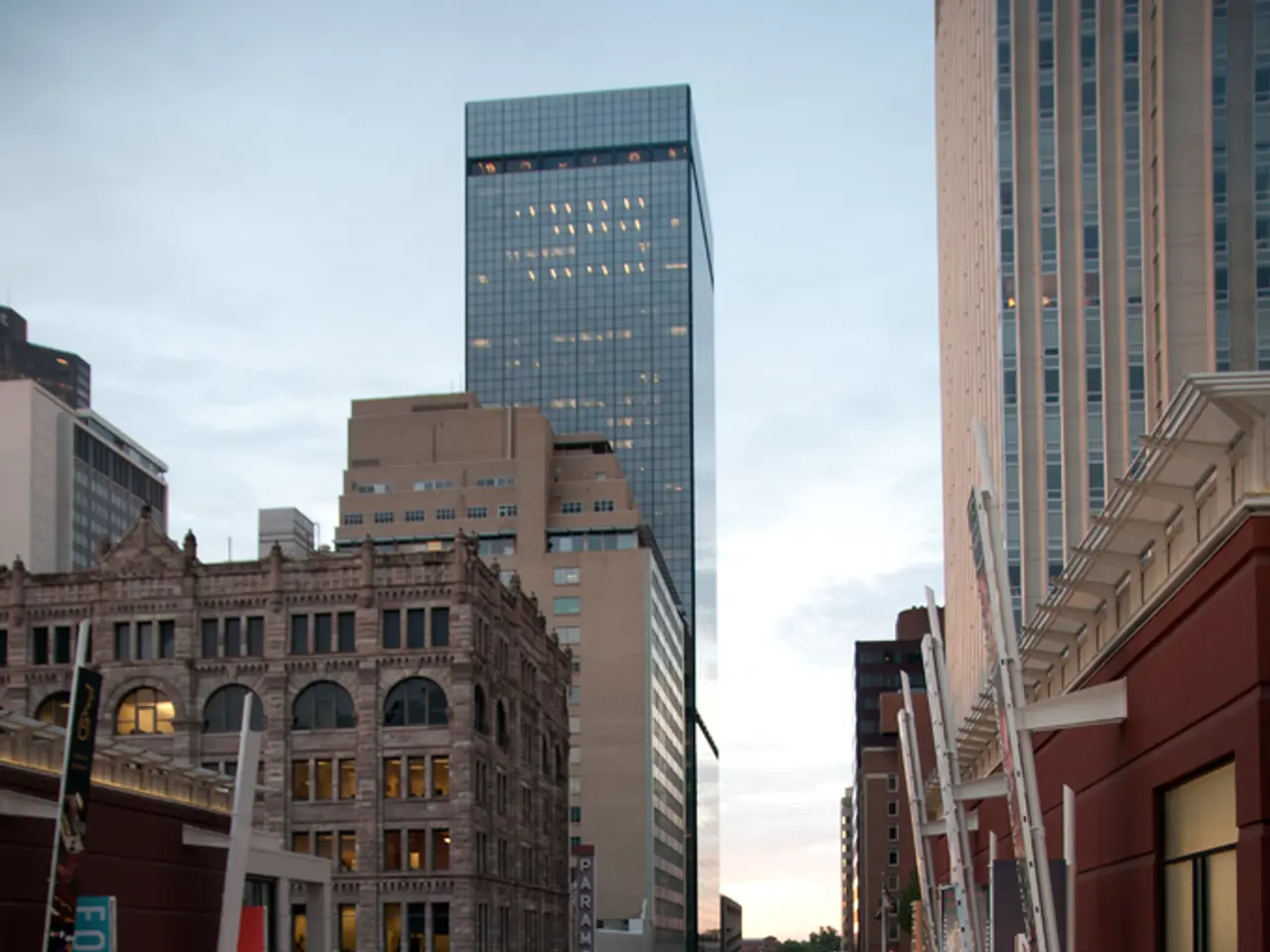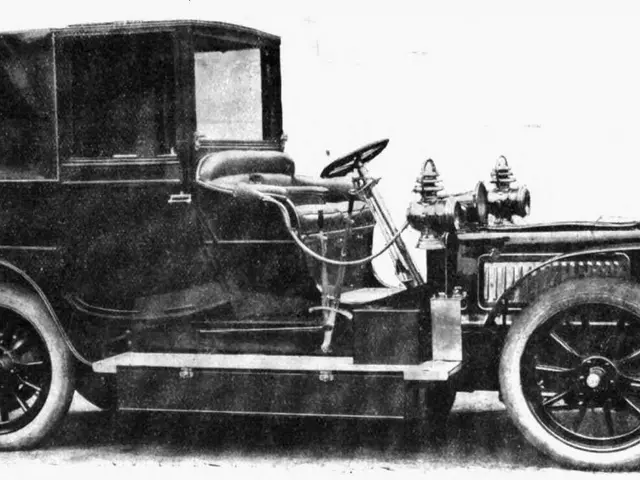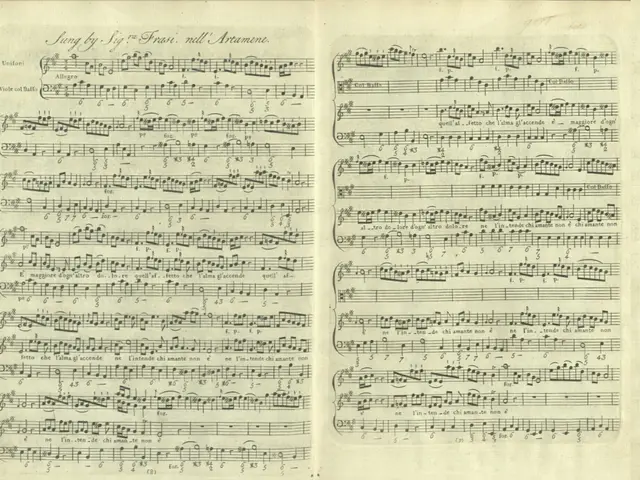Car Cities Suffering from Decline in Business Tax - German Auto Hubs Face Financial Crisis as Industry Struggles
Several German cities heavily reliant on the automotive industry are grappling with significant financial challenges due to the sector's recent struggles. Once thriving with high earnings, cities like Munich, Stuttgart, Wolfsburg, and Ingolstadt are now feeling the pinch.
Wolfsburg, headquarters of Volkswagen, has witnessed a steep 40 percent drop in business tax revenues in 2024, with further declines projected for the next two years. Stuttgart, home to Daimler and Porsche, anticipates a 'controlled, but noticeable slowdown' in its business, with a gap of nearly 800 million euros expected in the double budget 2026/27. Ingolstadt, where Audi is based, braces for a deficit of 60 to 80 million euros in 2026 due to waning business tax revenue.
The automotive industry's downturn is significantly impacting German cities, with once prosperous locations like Stuttgart, Wolfsburg, and Ingolstadt now facing substantial business shortfalls. Cities are adjusting their forecasts and preparing for further financial challenges in the coming years.








